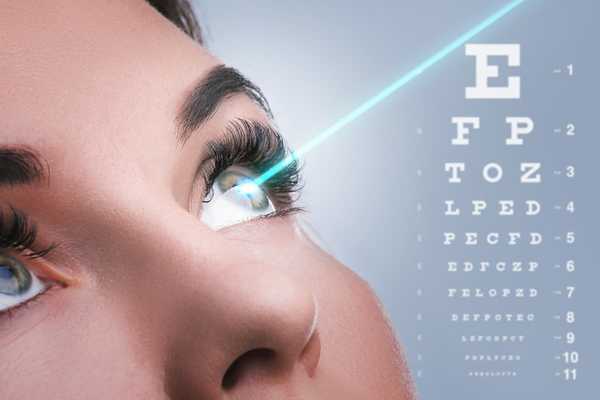Recent Developments in Anxiety Treatment
Anxiety disorders are among the most prevalent mental health conditions globally, affecting individuals across all demographics. Fortunately, effective therapies are available to help manage and alleviate anxiety symptoms. This article explores the most recognized and evidence-based treatments for anxiety.
Anxiety disorders are among the most prevalent mental health conditions globally, affecting individuals across all demographics. Fortunately, effective therapies are available to help manage and alleviate anxiety symptoms. This article explores the most recognized and evidence-based treatments for anxiety.
1. Cognitive Behavioral Therapy (CBT)
CBT is a structured, time-limited psychotherapy that aims to identify and modify negative thought patterns and behaviors contributing to anxiety. It equips individuals with coping strategies to manage stress and anxiety-provoking situations. Research has consistently demonstrated CBT's efficacy in treating various anxiety disorders.
2. Exposure Therapy
A subset of CBT, exposure therapy involves gradual and controlled exposure to feared situations or objects. The goal is to reduce avoidance behaviors and diminish the anxiety response over time. This approach has proven effective in treating phobias and generalized anxiety disorder.
3. Mindfulness and Relaxation Techniques
Practices such as mindfulness meditation, deep-breathing exercises, and progressive muscle relaxation can help individuals stay grounded and manage acute anxiety symptoms. These techniques promote a sense of calm and well-being. For instance, deep-breathing exercises have been shown to effectively reduce stress and anxiety.
4. Medication
Pharmacotherapy can be beneficial, especially for individuals with moderate to severe anxiety. Commonly prescribed medications include:
- Selective Serotonin Reuptake Inhibitors (SSRIs):These are often the first-line treatment for anxiety disorders.
- Serotonin-Norepinephrine Reuptake Inhibitors (SNRIs):These medications are also effective in treating anxiety.
- Benzodiazepines:While effective for short-term relief, they carry a risk of dependence and are generally prescribed for brief periods. Long-term use is approached with caution.
5. Virtual Reality (VR) Therapy
Advancements in technology have led to the development of VR therapy, offering immersive environments for exposure therapy. A recent study highlighted the effectiveness of self-guided VR interventions in treating various anxiety conditions, including social anxiety and specific phobias. Users reported positive experiences, with the platform being both engaging and accessible.
6. Online and Text-Based Therapies
Digital platforms providing online therapy and text-based communication with therapists have emerged as viable options for anxiety treatment. Research indicates that text therapy can be as effective as traditional face-to-face sessions, offering convenience and accessibility for individuals who may face barriers to in-person therapy.
7. Dialectical Behavior Therapy (DBT)
An adaptation of CBT, DBT emphasizes emotional regulation, mindfulness, and distress tolerance. It's particularly beneficial for individuals with intense emotional experiences and has shown effectiveness in treating anxiety disorders.
8. Support Groups
Participating in support groups provides individuals with a platform to share experiences and coping strategies. Connecting with others facing similar challenges can foster a sense of community and belonging, which is vital for mental health.
9. Lifestyle Modifications
Incorporating regular physical activity, maintaining a balanced diet, ensuring adequate sleep, and limiting caffeine and alcohol intake can significantly impact anxiety levels. These lifestyle changes contribute to overall well-being and can complement other therapeutic interventions.
10. Psychoeducation
Educating individuals about anxiety, its symptoms, and coping mechanisms empowers them to manage their condition effectively. Knowledge about one's mental health can reduce stigma and encourage proactive management.
Conclusion
Anxiety disorders are complex and multifaceted, but a range of effective treatments are available. It's essential to consult with a mental health professional to determine the most appropriate treatment plan tailored to individual needs. Combining therapies, medications, and lifestyle changes often yields the best outcomes in managing anxiety.








